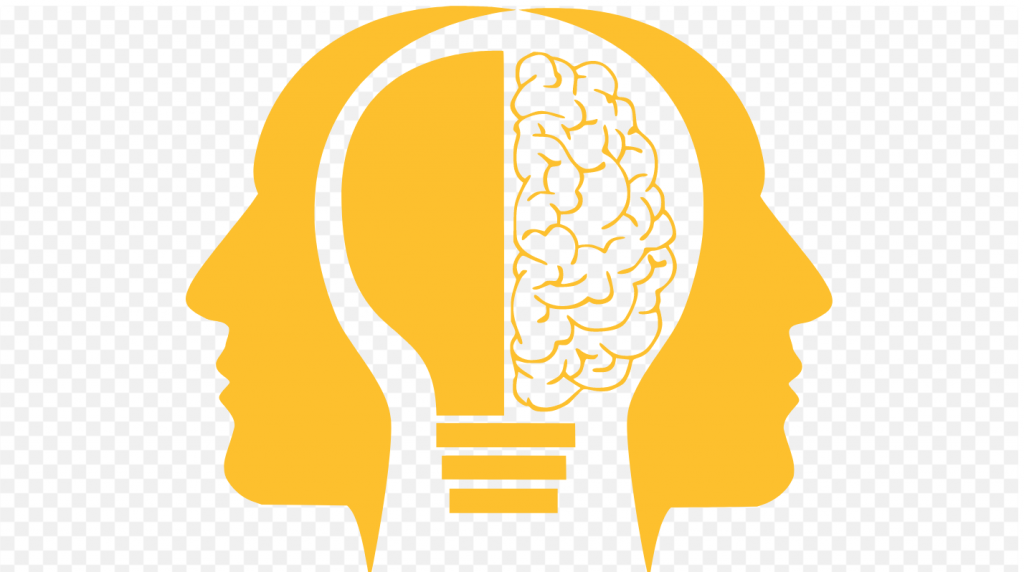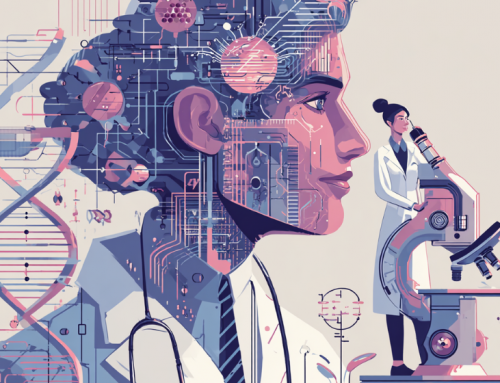AI Radiology Readings Show Latest Benefits of Healthcare Integration
A new algorithm from a team at UCSF has out performed several experts in locating abnormalities in brain scans. In particular the AI found many problems that humans overlooked they may have proved fatal to the patient.
A story on berkeley.edu reports that researchers created the algorithm to see if artificial intelligence could more efficiently and accurately pick out images with significant abnormalities to help radiologists focus on the most important images and examine them more closely.
The study, which was co-authored by Weicheng Kuo and Christian Hӓne of UC Berkeley and Pratik Mukherjee of UCSF, appeared online recently in the journal Proceedings of the National Academy of Sciences.
“We wanted something that was practical, and for this technology to be useful clinically, the accuracy level needs to be close to perfect,” said study co-author Esther Yuh, an associate professor of radiology at UCSF. “The performance bar is high for this application, due to the potential consequences of a missed abnormality, and people won’t tolerate less than human performance or accuracy.”
The algorithm the team developed took just one second to determine whether an entire head scan contained any signs of hemorrhage. It also traced the detailed outlines of the abnormalities within the brain’s three-dimensional structure, with acceptable levels of false positives, minimizing the amount of time that physicians would need to spend reviewing its results. Some spots can be on the order of 100 pixels in size, and even expert radiologists sometimes miss them, with potentially grave consequences, according to the article.
The key was choosing which data to feed into the model. The new study made use of a type of deep learning known as a fully convolutional neural network, or FCN, which trains algorithms on a relatively small number of images, in this case 4,396 CT exams.
AI and VR are now a major parts of training doctors around the world. Even the AMA, American Medical Association has approved of using high-tech on many different levels of health care.
A story in healthitanalytics.com outlined how the American Medical Association (AMA) has endorsed and adopted several new policies to support the integration of artificial intelligence in medical practice and training.
At the association’s annual meeting, delegates discussed policy recommendations focused on AI’s role in enhancing patient care, boosting population health, and reducing care costs, while improving physician satisfaction.
read more at news.berkeley.edu








Leave A Comment